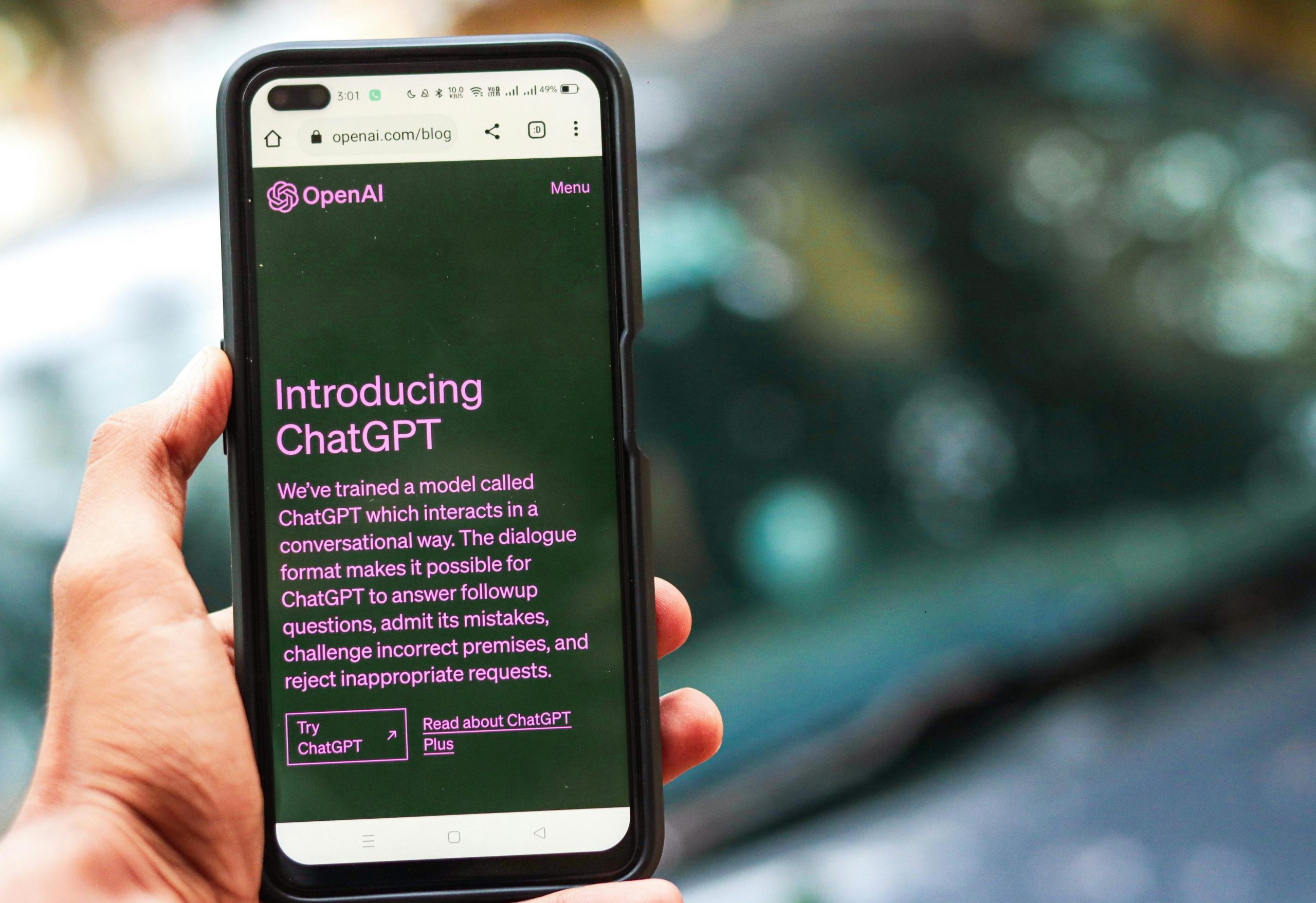PSA: Yes, Scarlett Johansson has a legitimate case
Understanding the Legitimacy of Scarlett Johansson’s Case
In recent discussions surrounding Scarlett Johansson’s legal battle, a significant amount of misinformation has emerged, particularly regarding the copyright of one’s voice. Contrary to popular belief, there are precedents that establish the potential for a legitimate case in situations similar to hers.
A pivotal case to consider is Midler v. Ford Motor Co., wherein singer Bette Midler was approached to lend her voice to a Ford advertisement. After Midler declined, the company opted to hire an impersonator instead. She subsequently launched a successful lawsuit against Ford, highlighting the rights individuals have regarding their unique vocal attributes.
This post is not an assertion of the likely outcome of Johansson’s situation, but rather an effort to clarify misconceptions that have circulated online.
For those interested in further details, here are some resources that elaborate on the Midler case:
- Midler v. Ford Motor Co. – Wikipedia
- 1986 Bette Midler Sound-Alike Mercury Sable Commercial – YouTube
- Midler v. Ford Motor Co. Case Brief Summary | Law Case Explained – YouTube (Note: This case was upheld on appeal.)
Additionally, it’s important to recognize that the matter at hand extends beyond voice similarity. In Johansson’s case, discussions indicate that OpenAI sought her permission to use her likeness, which was initially denied. Following this, they persisted in reaching out and even communicated with her after the product launch. This pattern of behavior could imply a recognition of her likeness, which may have legal implications.
As developments unfold, it’s crucial to remain informed and understand the legal precedents that could impact such cases in the future.














Post Comment